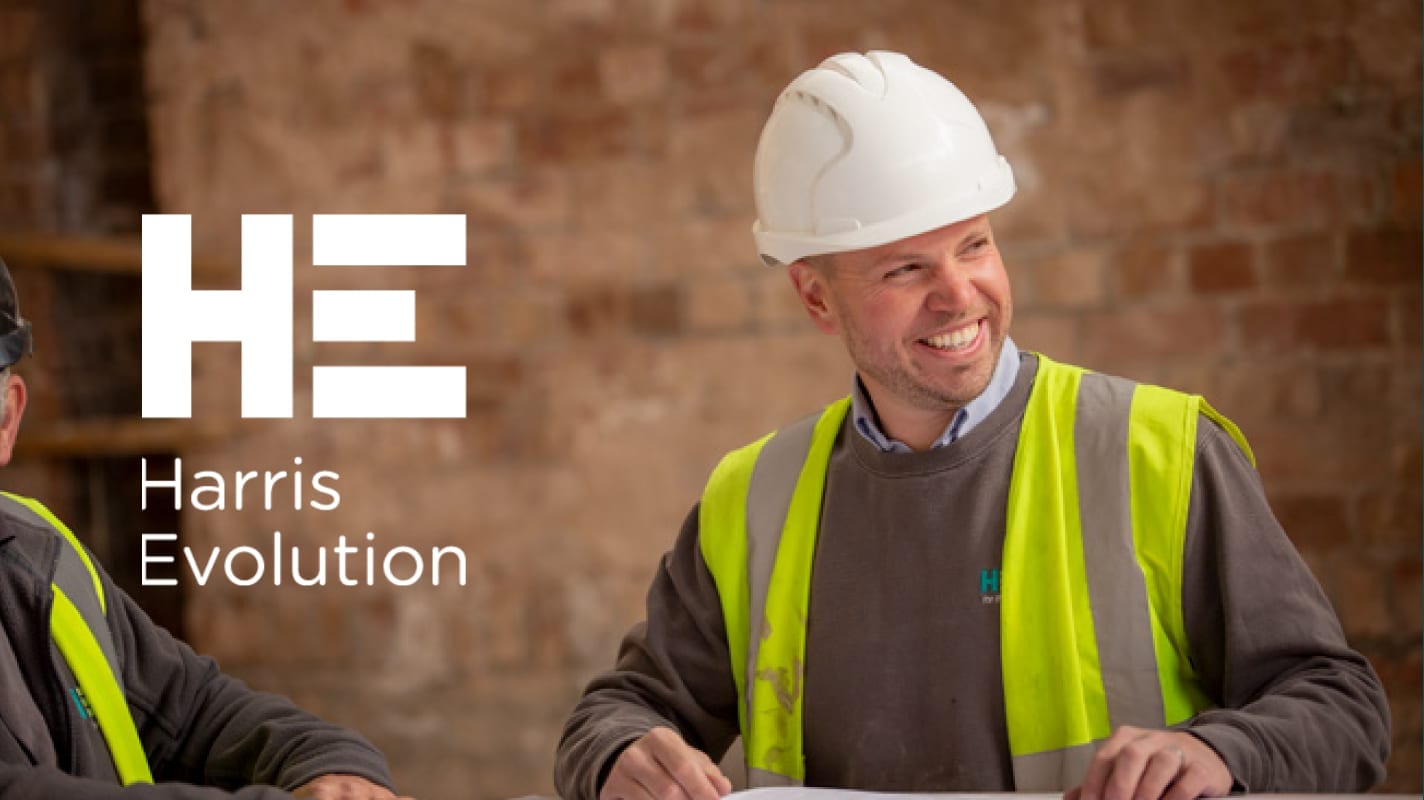
A job for Early Birds!
What do you love about your role?
What I love the most about my role as a project manager is that each day is totally different. A project manager – or PM – typically has several projects on at any one time and they are often at different stages of their lifecycle. One project might be in the kick-off stage which in the refurbishment context means helping clients visualise their requirements and putting plans and designs forward to ultimately meet their requests. Another project may be in the launch phase when the key decision-makers are assessing the work and providing their opinions on feasibility costs and practicalities of the project goals. This means that there are different action points to take every day and a variety of scenarios to manage and respond to…it definitely keeps you on your toes.
What would a typical day look like?
Most project managers are up and out on the job by dawn. My days are split between meetings, planning, working with documents, and maintaining a presence on the sites to help with any queries raised by the clients, colleagues or trades.
A typical day starts at?
7 am: On-site, usually get to do a walk around whilst the site is quite to look at progress and any issues arisen from the previous day. Also, it’s a good opportunity to meet with site managers to check on progress and how things are going generally.
9 am – 10 am: Meet on-site with clients or various trades to ensure we are all on track and everyone is happy, not an easy task.
12 am – 2 pm: Catch up on emails respond to requested information and action any request from the site teams, this can range from ordering kit, skips or placing orders with service partners generally ensuring all involved have physical items and information required to keep the ongoing projects moving.
3pm-5pm: Updating clients, colleagues and programmes on progress.
What does it take to become a successful project manager?
There are key ingredients to being a successful project manager. The rudimentary skills include being highly organised and possessing an ability to work well under deadline pressures. Excellent communications skills are also paramount to being successful in the role.
It’s the project manager’s role to ensure that everyone that touches the project in some way – whether that be a direct member of the project team or a sub-contractor – is informed of the details that are relevant to them. And this information needs to be communicated in the correct way, depending on the team or person involved. Strong decision making and problem-solving is also required to keep your team motivated and the projects running smoothly. But above all of this, I would say one of the most important qualities of a project manager is a love of working with people. A good PM must really enjoy engaging and communicating with personalities from all walks of life.
What are the challenges?
One of the more challenging elements to the role is the need to be flexible – and calm – to unexpected changes in schedules and project plans. You can be the best risk assessor in the world, and you can have every contingency plan possible mapped out, but there is always something that will pop up that hasn’t necessarily been accounted for…this is the beauty of living in a real and changeable world. For example, if a deadline is changed unexpectedly, a great project manager will assess the situation calmly and rationally, and seek solutions that will keep not only the project running on time and on budget, but that also maintains the motivation of the team.
Do you have any advice to aspiring project managers?
My advice to those who are considering project management in the construction industry as a career or have just started out is to remember that you are not expected to be an expert in every single component of the project. You are not meant to know the ins and outs of every person’s role in a project. It is your role to motivate and lead your team, to ensure they know their individual role in the project lifecycle and to celebrate their successes. Always remember to celebrate your team’s successes, no matter how big or small they are.

